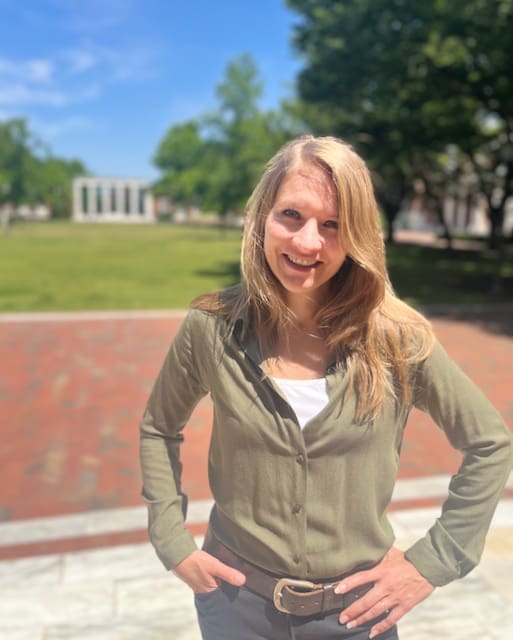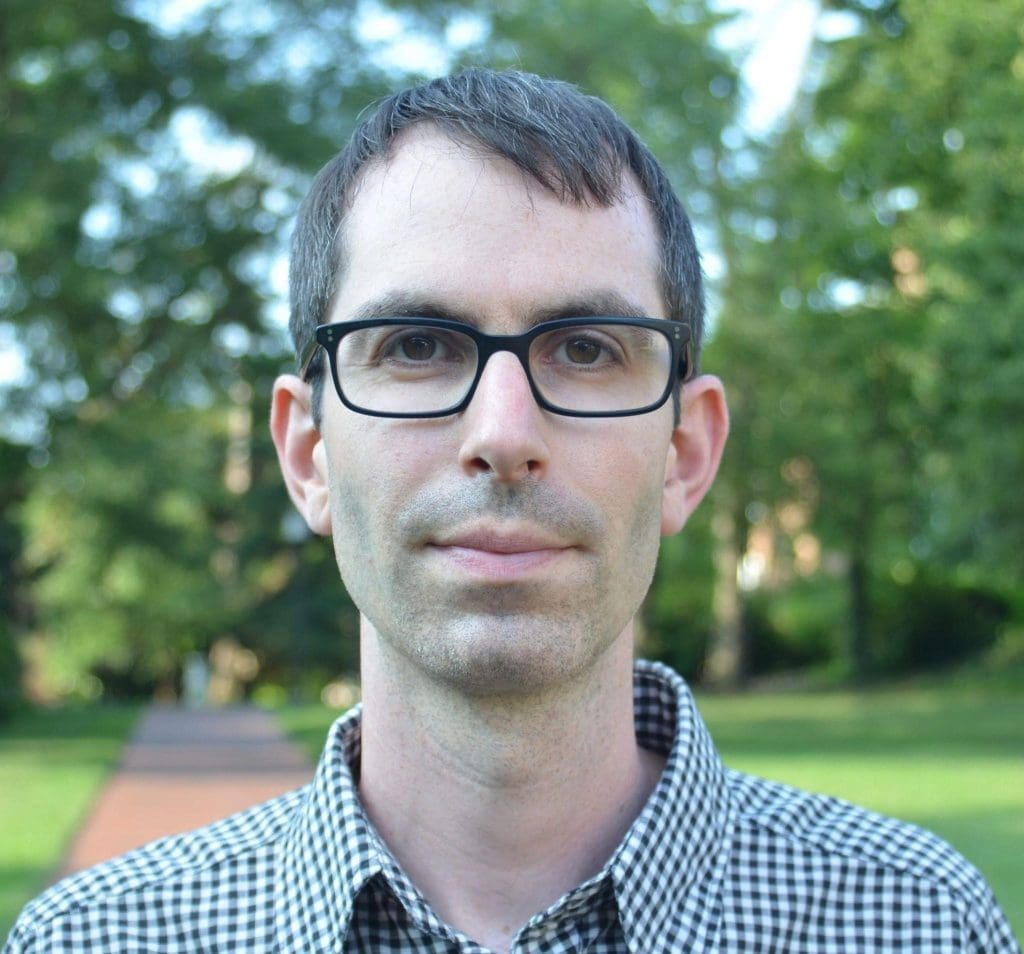

In 2022, the Hopkins library acquired an almost complete collection of the Black Panther Party Newspaper for their archival database. Associate research professor at the Center for Africana studies, Stuart Schrader played a crucial part in the acquisition process. The BPP Newspaper is a major source for the study of Black activism history in the U.S. and more. The paper, published for over a dozen years, was distributed mainly within working-class African-American neighborhoods. It highlighted news of the party’s successes and initiatives, as well as global events, local and national politics, as well as debates on radical anticapitalist politics and theories.

The acquisition of the archive was an important step, but the work did not stop there. Dr Schrader, along with Dr Heather Furnas, Librarian for History, Africana Studies, and History of Science & Technology, endeavored to promote the use of the collection by making it more widely accessible for research. Dr Victoria Harms, a Senior Lecturer in the History Department, had been leading a seminar on 1960s history, through which she had worked with both community partners and eyewitnesses. Because of that experience and expertise, Schrader and Furnas invited Harms to join them in their efforts to make use of the collection and make it accessible to students.
As Harms and Schrader noted “We know from Michel-Rolph Trouillot that the existence of sources and the making of an archive constitute crucial elements in combating history’s many silences. But they alone do not and cannot challenge existing power structures.” Every fall for the past four years, Harms and members of her seminar have had the opportunity to speak with Eddie Conway, a former Baltimore Black Panther and lifelong organizer, who in Harms’s words “empowered others to recognize their potential and resist systems of oppressions.”
Harms and Schrader recognized that this new database presented a unique opportunity as well as a set of distinct challenges. “On the one hand,” Harms told me, “I feel uneasy about traditional PWIs [predominantly White institutions] buying up Black history (to put it bluntly), now that they deem it pertinent. On the other hand, the purchase puts the institution’s financial means to good use.” Harms, Schrader and Furnas have been joined in their work by Tonika Berkley, the Africana Archivist in Special Collections at MSE Library. Berkley emphasized that the library has “the money and the resources to process, preserve, and render available such sources.”
Since they began their work, Harms, Schrader and Berkley have expanded the reach of the archive to include local Baltimore school students, as well as Hopkins undergraduates. “Many high school students never have the opportunity to engage in primary-source research, especially in sources that directly relate to Baltimore. We believe embracing K-12 education is crucial to effect real change, especially here in the city and here at Hopkins.” Two Hopkins undergrads, Emma Petite and Gerardo Fontes were brought onboard, as well as Kai Clemons and Kristian Whitehead, respectively graduate and undergraduate students at Morgan State University. This collection represents a key opportunity for the team to “make our campus more welcoming and create a research environment in which students from across the city can thrive.” For Schrader, Harms and their team, the work extends far beyond the limits of campus.“We have brought together a group of wonderful people,” Harms told me, and “as a team, we wish to promote intellectual curiosity, combat archival silences, chisel away at the walls surrounding ‘Fortress Homewood,’ and create a respectful, accessible, equitable, and inspiring research environment.”
At the behest of Stuart Schrader, Kai Clemons and Kristian Whitehead were offered fellowships through “Inheritance Baltimore” and the Program in Racism, Immigration, and Citizenship, to conduct this important work. Emma Petite and Gerardo Fontes’s contributions were celebrated and supported by the Inheritance Baltimore–Dean’s Undergraduate Research Award and the Hugh Hawkins Fellowship. Over the summer, Stuart Schrader also extended a call to practitioners of History at other Maryland institutions. Professor Nicole King at the University of Maryland Baltimore County invited the Hopkins team to a workshop with other scholar-activists and archivists, in what Harms described as “a unique opportunity to network, listen and learn, engage and contribute.” Harms herself has also cultivated ties to the Maryland Center for History and Culture, where Deborah Wood and Abby Doran assisted the team and provided them access to another key set of archival resources on the history of the Panther’s Baltimore chapter. The MCHC continues to support the team’s research. Recently, Harms told me, “they provided us with exclusive digital access to two interviews, Steve McCutcheon, a former Baltimore Panther, and Charles Mason, a Baltimore CORE member.” Harms was also happy to announce that she and Schrader had been in contact with the Peale, Baltimore’s Community Museum, surrounding their exhibition “Soul of the Butterfly: Chicory Magazine and Baltimore’s Black Arts Activism.” Harms shared that they “hope to be able to organize a public presentation of the students’ findings and projects in the spring.”
The inclusion of, and collaboration with, K-12 students is an integral part of the project and its mission for Victoria Harms. Along with Tonika Berkley, she has been planning a series of workshops designed to introduce Baltimore high schoolers to the process of archival research. “We want to assist them in recognizing their full potential and the richness of Baltimore history, with the ancillary objective to assist participants with future college applications and increase the number of history majors. In some small way, we hope to contribute to creating a pipeline for underrepresented applicants at Hopkins and beyond.” Tonika Berkley and Victoria Harms have been planning a two-part workshop for the AP African American History class at Poly. The class teacher Ms. Patrice Frasier, and the school librarian, Dr. Maureen O’Neill, have both worked with Dr Harms in the past; together they hope to share Hopkins’s resources and make the archive accessible to students. To that end, Berkeley has curated the Ethel Ennis and the Billie Holiday collections at Sheridan Libraries, which the students will pull from for research, alongside the Black Panther Newspaper database. “We will run two parallel workshops on the first occasion, which seek to familiarize the Poly students with the Black Panther newspaper and the Holiday and Ennis collections.” Berkley and her colleagues at the library “will discuss the content matter, the archival practice as well as their curatorial choices.” The workshops, scheduled to take place on February 2nd and March 1st, 2024, will aim “to assist the Poly students with identifying sources that they need to support their “claim” and complete their AP history project by late April.” Kai Clemons, Kristian Whitehead, Emma Petite and Gerardo Fontes will also assist the high school students in their work. As Harms put it, “Not only do they support the students but they also model what it means to be a college student.”
Within the University, Schrader and Harms’s team has also made connections to the History Department. They had the opportunity to discuss Broderick Dunlap’s first year paper, which focused on the history of Black Nationalist organizing in the 20th century through the figure of Queen Mother Audley Moore and others, a topic in line with the research the team has conducted on the history of Baltimore. Dunlap also discussed his experience and expertise in the field of activism with members of the team. “He is in a way one step up the career ladder from our undergrads and his combination of activist-turned-scholar matters,” Harms told me.
Overall, Harms, Schrader and their fellow travelers have sought to take Hopkins’s acquisition of a new archive and turn it into an opportunity to extend the lessons of history to their local community in Baltimore. “The histories of political radicalism and activism that the students are working on deserve to be elevated and accessible to all who care about Baltimore. The Panthers’ legacy has literally been wiped off Baltimore’s map and the city’s historical record.” The work accomplished by Schrader, Harms, Berkeley, Furnas, and their team underlines the important ethical implications of telling Black History in the US, and in a city like Baltimore. As Harms shared with me, “Empowering students to (re-) discover their history seems imperative – at least for me, a White woman at Hopkins, a European, a foreigner, who like so many academics parachuted into Baltimore and enjoys the privileges of a Hopkins affiliation but bears few to none of the challenges that the city faces.” Thus, beyond the confines of the University’s campus, the work of Harms and Schrader’s team demonstrates the possibilities and necessity of collaboration and shared learning with practitioners of History in the city that Hopkins calls home, from high school students, to librarians, fellow educators, activists, museum curators and more.